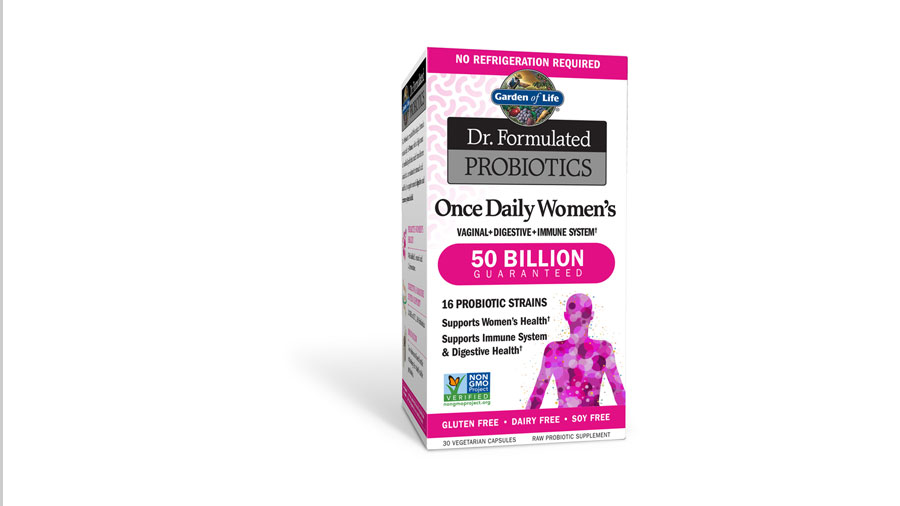As another indication of the growing non-GMO food trend, manufacturers of probiotics, which are beneficial bacteria used in foods and supplements, are getting their products Non-GMO Project Verified. Ganeden and Deerland Enzymes have both introduced non-GMO verified probiotics to capitalize on strong trends for both non-GMO foods and probiotics.
Probiotics are defined by the World Health Organization as “live microorganisms which, when administered in adequate amounts, confer a health benefit on the host.”
GanedenBC30® (Bacillus coagulans GBI-30, 6086) was the first Non-GMO Project Verified probiotic. It supports digestive and immune health and protein utilization. Applications for GanedenBC30 include foods, beverages, juices, food bars, cereals, powders, and granola, to name a few.
Deerland recently announced Non-GMO Project verification for its DE111® (Bacillus subtilis) probiotic and its branded prebiotic, PreforPro®. DE111 is said to control microbial populations, promoting the growth of good bacteria and crowding out bad bacteria such as E. coli; it also aids in digestion and maintenance of general health. PreforPro is a novel prebiotic that also supports the growth of healthy bacteria in the gut.
More people are becoming aware of the importance of healthy bacteria for intestinal health and stronger immunity. According to a 2017 SSI Consumer Survey, 76 percent of consumers are aware of probiotics and 70 percent would prefer to get probiotics from food and beverages than from supplements.
“Consumers are looking to get more functional benefits out of foods they are already consuming versus having to buy another dietary supplement and have to take it every day,” says Dr. David Keller, vice president of scientific operations at Ganeden.
Consumers and food manufacturers also want those foods to be non-GMO.“A lot of our customers are looking to have Non-GMO Project Verified products to sell to end consumers,” Keller says.
This is especially the case for companies in the natural food segment where a non-GMO label has more value for consumers.
The same is true at Deerland Enzymes. “Our customer base continues to demand that their supplement products follow the strong trend in food and beverage for non-GMO ingredients,” says Dr. John Deaton, vice president of science and technology at Deerland Enzymes.
Along with Ganeden and Deerland Enzymes, supplement manufacturer Garden of Life recently earned Non-GMO Project Verification for its entire line of “Dr. Formulated” probiotics.
Are GMOs a concern with probiotics? They could be soon, according to Jim Thomas, program director at the ETC Group. “I’m not sure if they are on the market now but synthetic biology companies are developing (GMO) probiotics.”








